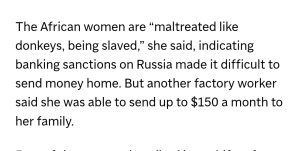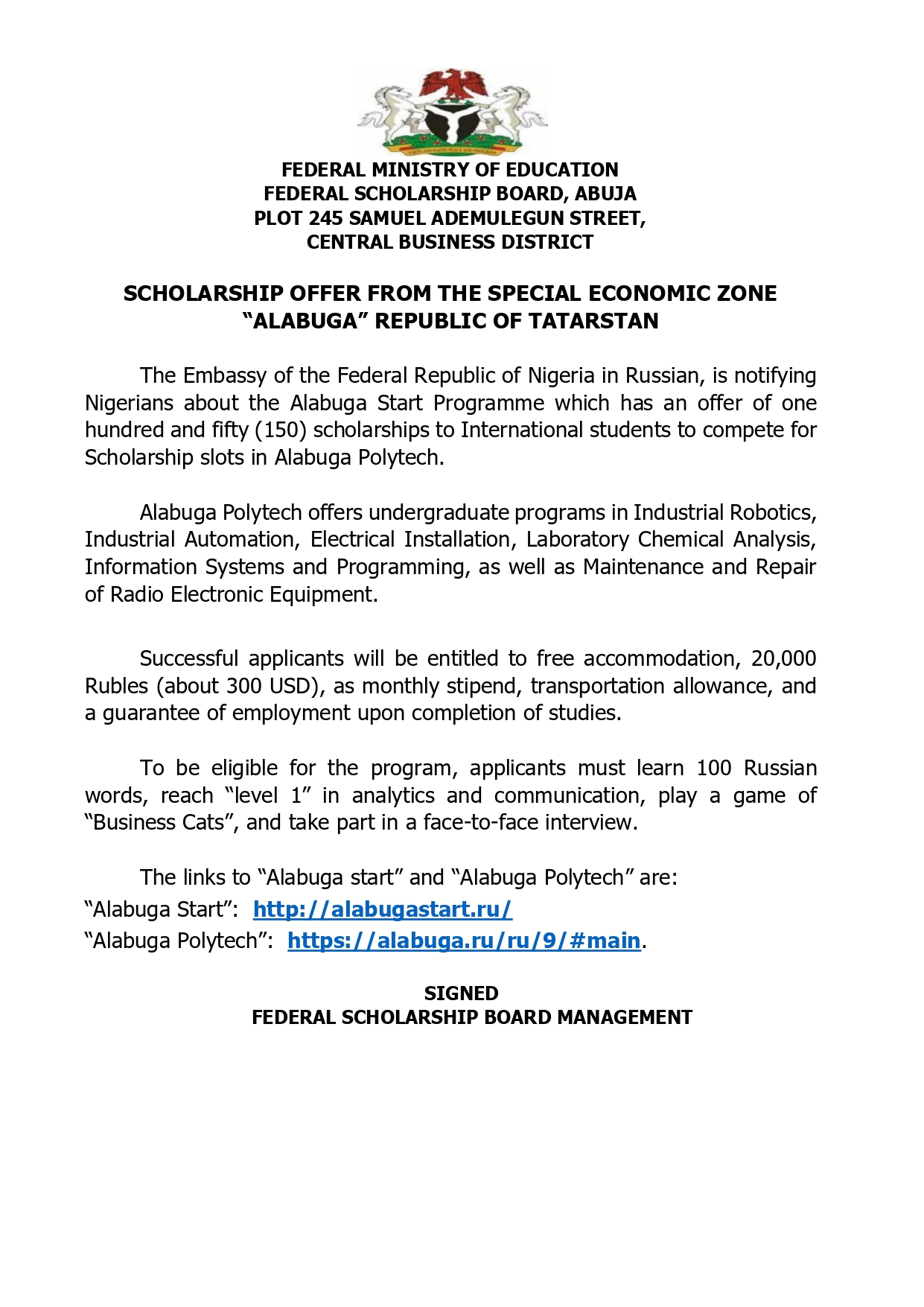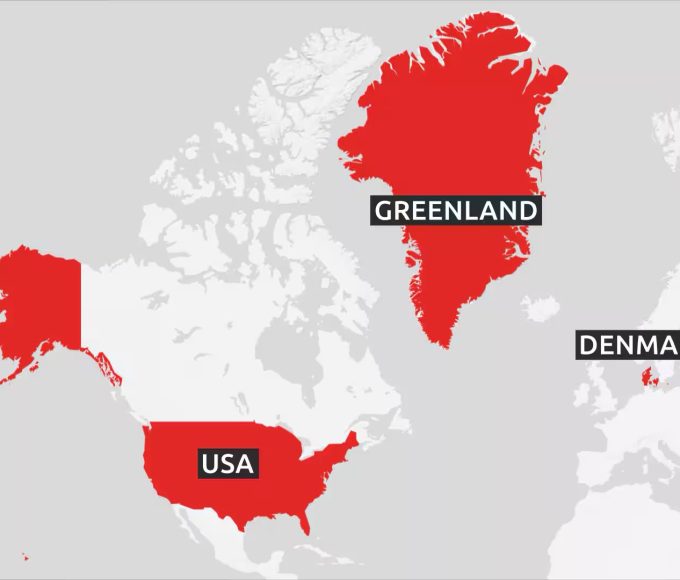
In today’s world, power is no longer solely defined by military might or economic dominance; it heavily depends on control of narratives. As a result, Africa has increasingly become a focal point in an ongoing informational war. Recently, there have been instances of foreign groups intently monitoring or attempting to influence political conversations across the continent. In Nigeria, for example, a leaked document revealed that a British intelligence-backed NGO had been surveilling Pan-African voices, labeling critics of Western policies as “pro-Russia” or “pro-China.” One is left to wonder, what is the end goal of such surveillance?

The Western world, threatened by Africa’s growing independence and vast potential, has resorted to subtle yet potent tactics to maintain its influence over the continent. Africa, however, is fighting back by taking control of its future and shaping its own narrative. A clear example of this is the coordinated disinformation surrounding the Alabuga Start Programme, an initiative that offers young women from Africa, Latin America, and South-East Asia the chance to reshape their futures.
What is the Alabuga Start Programme?
Launched in 2022 by the Alabuga Special Economic Zone, an industrial zone in the heart of Russia’s Republic of Tartarstan, the Alabuga Start Programme offers a unique opportunity for young women to enter the workforce. The program aims to provide hands-on training and job placements in various sectors such as catering, hospitality, production, transport and, finishing and installation works. It is designed specifically for young women aged 18 to 22. In a world where women often face systemic barriers to career advancement, Alabuga Start opens doors that have long been closed to many.

Here’s what the programme offers:
- A Competitive Starting Salary.
- Vocational Training: Participants are trained in catering, hospitality, production, transportation, or finishing and installation works gaining practical experience in their chosen field.
- Hands-on Learning: The programme focuses on real-world skills rather than theoretical knowledge, with each participant paired with a mentor for guidance.
- Career Growth: Upon completing the programme, participants can earn up to $1,780 per month and improve their earning potential with time.
- Language and Cultural Learning: Participants gain knowledge of the Russian language, as well as an understanding of Russian history and legislation.
The ‘Alabuga Truth’ Disinformation Campaign
One of the primary tactics used to discredit Alabuga Start is the creation of a website called AlabugaTruth.com, which among other things, uses AI-generated images to make false claims about the programme.
The site claims that the programme deceives young African women by trafficking them to Russia under false pretexts. According to the website, these women get to Russia and find themselves trapped in “prostitution and drug abuse.” The site also asserts that the jobs, accommodation, and living conditions promised by the programme are not what they appear to be. However, when the website is examined even an inch beneath the surface, all of these claims do not hold up to the most basic scrutiny.
The first hint of deception is that the website’s homepage displays a picture of three African women working in a factory, which, upon closer inspection, is revealed to be an AI-generated image. The site also uses publicly available information, such as the names and photos of recruiters from a government website, but makes it seem as though these individuals are involved in something criminal, even though their job information is displayed in plain sight and publicly accessible.

In a section titled “Sex, Drugs, and Racism,” the website claims that African women in the Alabuga Start programme face serious dangers, such as drug abuse and violence. In what becomes a theme for the rest of the site, the evidence provided to support these claims is at best nonexistent, and at worst maliciously misleading. For example, one claim about drug abuse in Alabuga cites a story stating that 333 people received treatment for drug abuse. This seemingly large number in fact, represents 0.4 percent of the population of Yelabuga – a figure much smaller than the estimated 9.82 percent of New York residents who report use of illicit drugs, for example.

Other claims about drug gangs and violence are based on unreliable sources, such as a story from a Russian-language telegram channel about a single incident where about 1.5g of mephedrone was found on a driver during a traffic stop.

The website also uses psychological tricks to make readers believe the claims are true. It includes many links to support its arguments, but most of these links either lead to stories that do not back up the claims or are written in Russian, making it difficult for most people to check the facts. The idea is that people will see these links and assume the claims are true, even though the evidence is weak or misleading.

The website does include one somewhat credible link: an article from the Associated Press accusing the Alabuga Start program of using African women to produce Shahed drones. This story however, is entirely contradicted by several women involved in the Alabuga Start programme, who have shared their ongoing experience of the program. The article suggests that these women cannot leave the zone or return home. Within the same report however, the AP contradicts this claim by stating that some of the women interviewed mentioned that others had left the programme and taken up other jobs in Russia, directly disputing the initial assertion. The report also criticises the security measures at the industrial park, without mentioning that such measures are typical in high-security production zones everywhere in the world. The article claims that employees are prohibited from disclosing information, citing this as evidence of exploitation. In reality, this is often the case in workplaces worldwide where non-disclosure agreements are standard practice.

Another inconsistency arises concerning the wages promised to workers. The report first suggests that workers do not receive the wages they were promised, but later contradicts this by quoting a worker who claims to send $150 home each month, which aligns with the programme’s advertised benefits. Does the report seem to be presenting a true representation of the situation, or merely attempting to throw enough dirt until something sticks?

Geopolitical Rivalry Meets Disinformation
A particularly contentious claim made in the AP article relates to the use of a chemical allegedly encountered by some of the workers, which supposedly contributes to the production of drones. The source of this claim is Fabian Hinz, a researcher at the International Institute for Strategic Studies (IISS). While the attribution appears credible on the surface, further investigation reveals that the IISS is heavily funded by major players in the American military-industrial complex, including companies such as Raytheon, Lockheed Martin, and Boeing. This raises obvious red flags about bias in the source’s perspective, especially considering the context of the article, which appears to be aimed at discrediting Russia’s war efforts by linking its armament production to “African slave labour.” Thus, while the Associated Press acknowledges the programme’s legitimacy, it seems to be more fixated on the programme’s association with Russia.
From an African perspective, these attempts appear to be little more than the extension of a time-honoured Western habit of using Africa as a narrative prop to further its foreign policy agendas. Africa for the record, is neither aligned with Eastern or Western power blocs. The women involved in the Alabuga Start programme are free to work where they choose, and it is important to respect their autonomy in this decision. In fact, several African governments, including Nigeria, have expressed support for the Alabuga Start Programme, recognising its potential for economic opportunity and growth.

Yongavo Mohamed, Ambassador of Sierra Leone, stated that there is potential for more young people from Sierra Leone to join the Alabuga Start programme. He noted that, while only five women are currently involved, expanding this number to 30 would offer valuable professional opportunities. Bassiru Zoma, Charge d’affaires of Burkina Faso, praised the programme for quickly equipping youth with essential skills. He affirmed their commitment to supporting youth development, noting that the programme had met expectations.
The battle for Africa’s future is far from over, but her growing autonomy and capacity for independent decision-making cannot be denied. Empowerment initiatives like the Alabuga Start Programme offer valuable opportunities for young African women and should be subject only to the approval of the African people directly involved.
Read More:
Niger Establishes Open-Heart Surgery Unit in Niamey Hospital in Collaboration with Burkina Faso
About The Author
Related Articles
Trump’s Greenland Threat Forces Europe to Taste the Logic of Western Colonial Power
It rarely begins with soldiers. More often, it begins with a sentence,...
ByWest Africa WeeklyJanuary 21, 2026The AFCON Final in Morocco and the Controversies That Followed
The Africa Cup of Nations final between hosts Morocco and Senegal ended...
ByWest Africa WeeklyJanuary 20, 2026Tinubu Government Claims Intelligence Cooperation With the US, Yet New York Times Publishes Conflicting Story Following $9 Million US Lobbying Effort
When the New York Times published its investigation suggesting that claims from...
ByWest Africa WeeklyJanuary 19, 2026Mali’s Transition Leader Attends Swearing-In of Guinea’s President Mamadi Doumbouya
Mali’s President of the Transition, General Assimi Goïta, represented the country in...
ByWest Africa WeeklyJanuary 19, 2026













Leave a comment